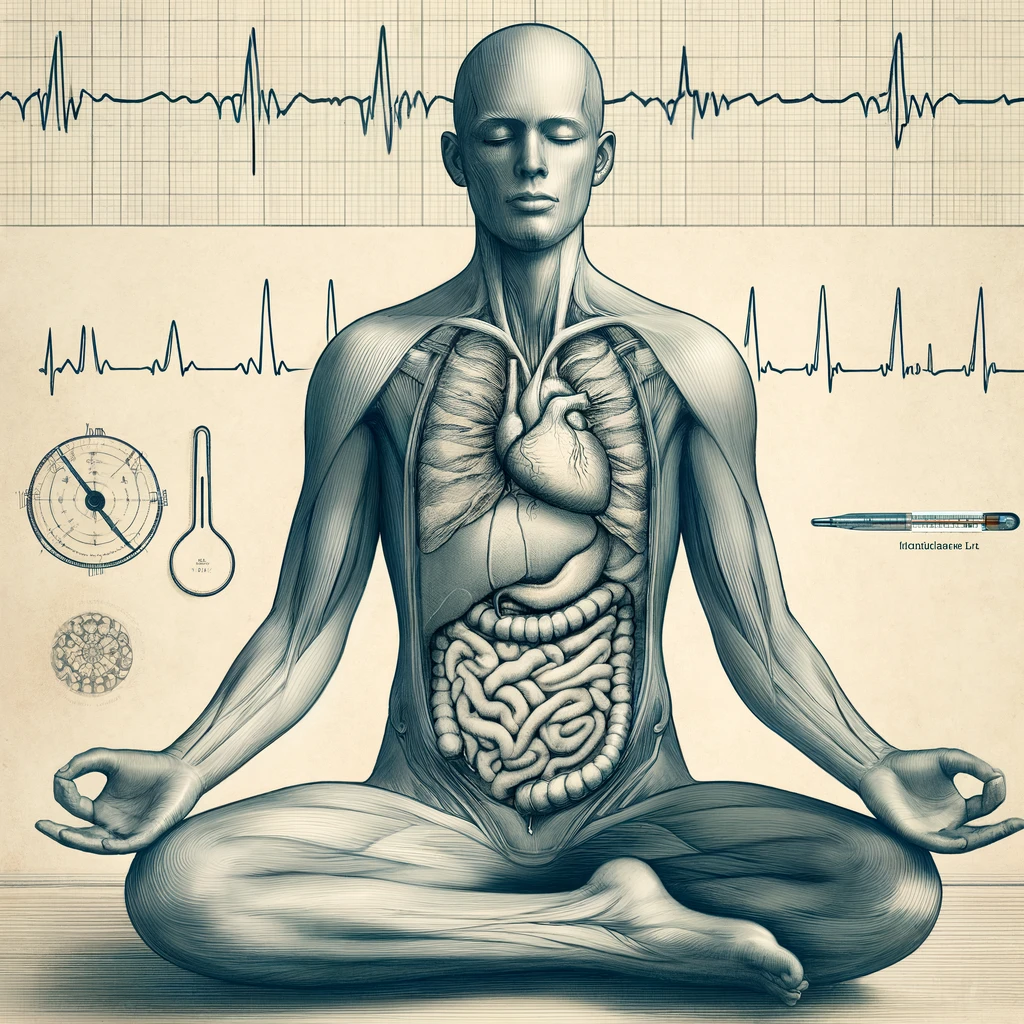Voluntary Control Over the Internal Body
We are experts in learning fine-grained voluntary somatomotor control, for example when manipulating tiny objects. Ideomotor theory states that we control these movements by anticipating their sensory consequences (e.g., visual feedback of an arm movement). Voluntarily controlling visceromotor actions inside the body, such as decreasing heart rate, is much more difficult, but it is currently not clear why this is the case. We propose the ideomotor hypothesis of voluntary visceromotor control, which states that this type of control is governed by the anticipation of sensory (interoceptive) feedback that is of lower sensory quality. We test this hypothesis using autogenic and biofeedback training. If confirmed, the ideomotor hypothesis can be used to push the naturally occurring boundaries of this voluntary control, which has several clinical applications.
